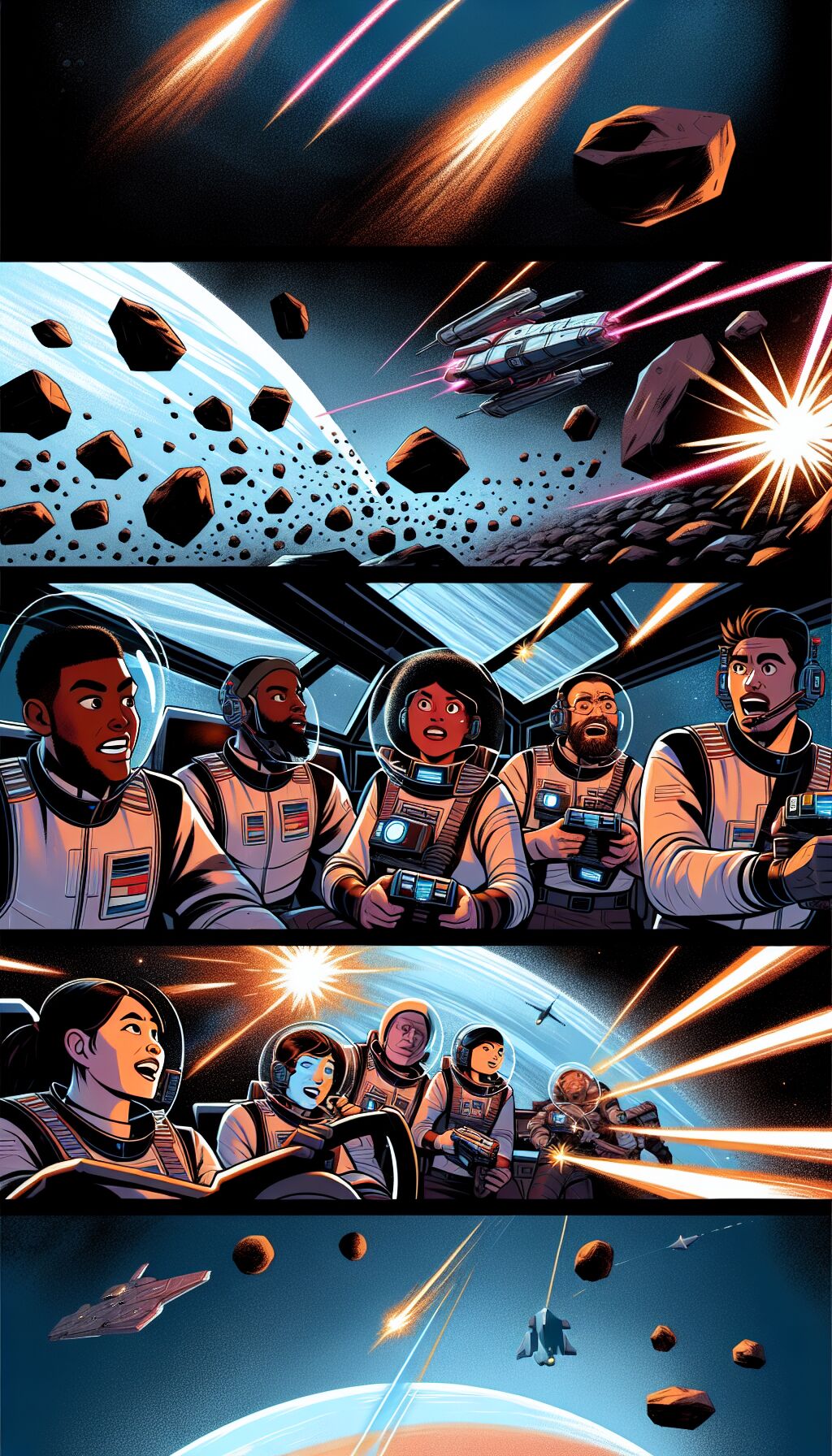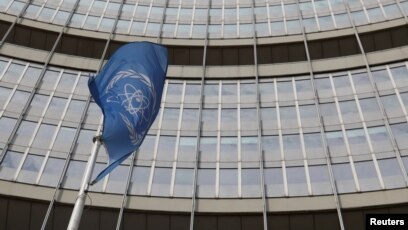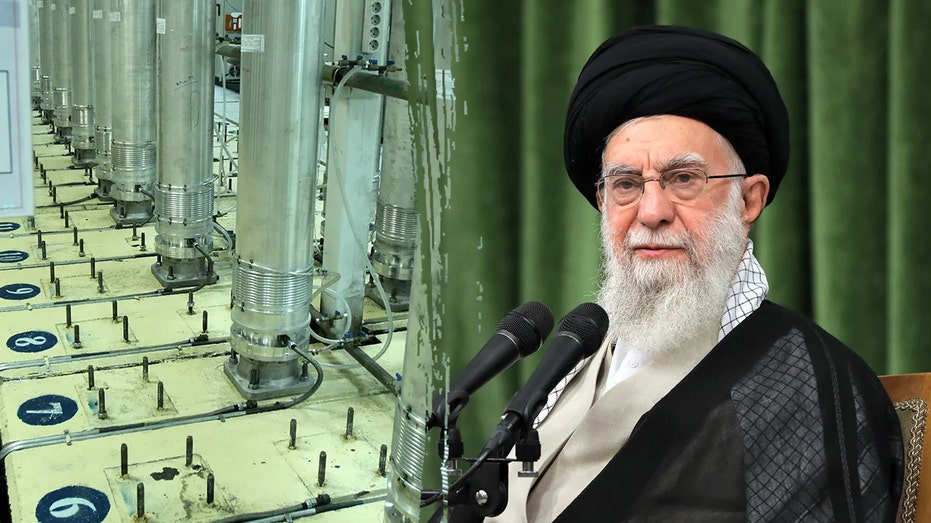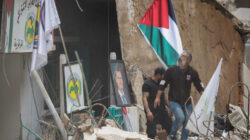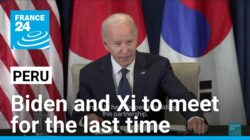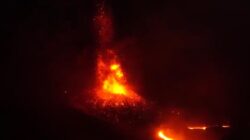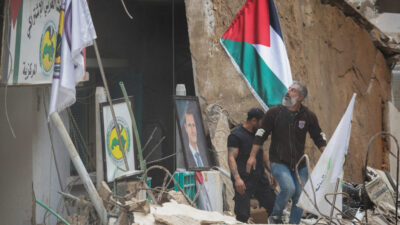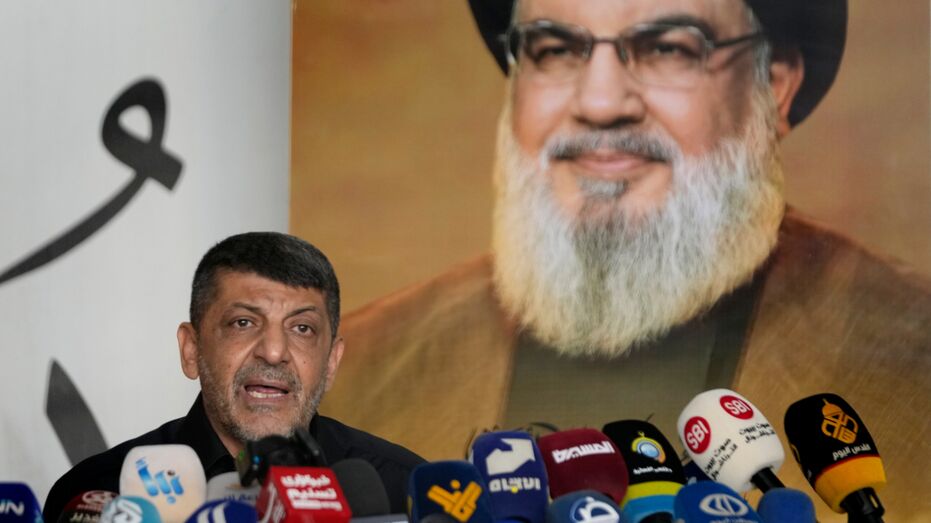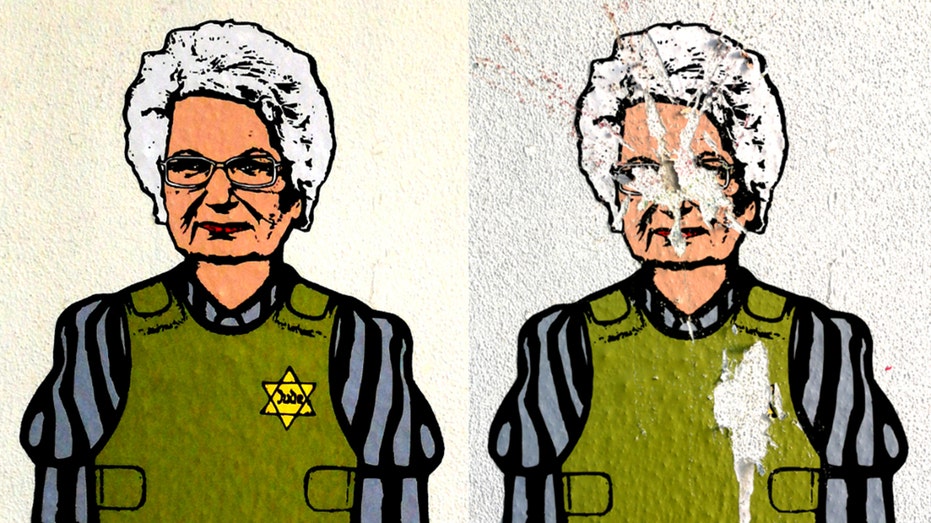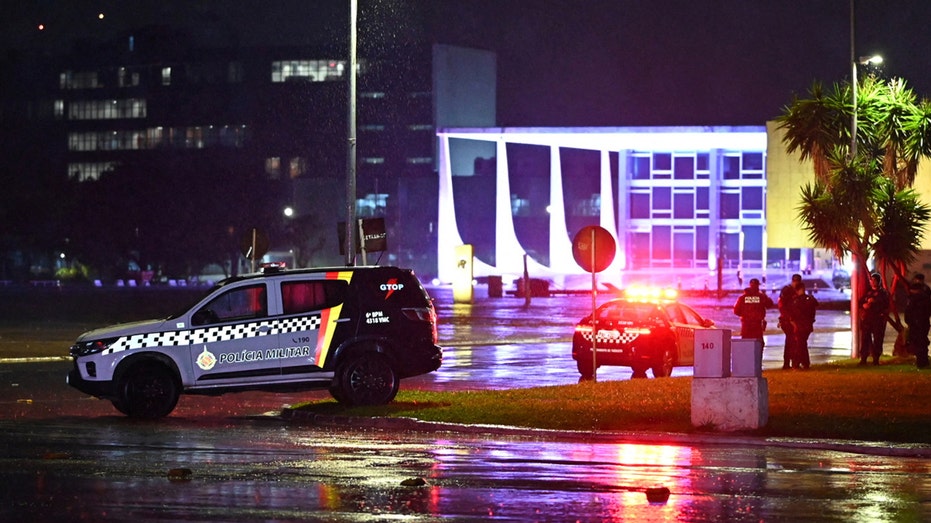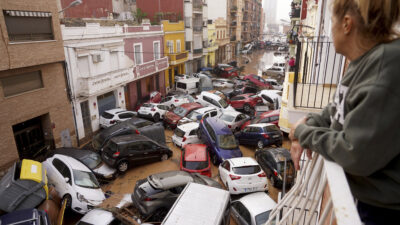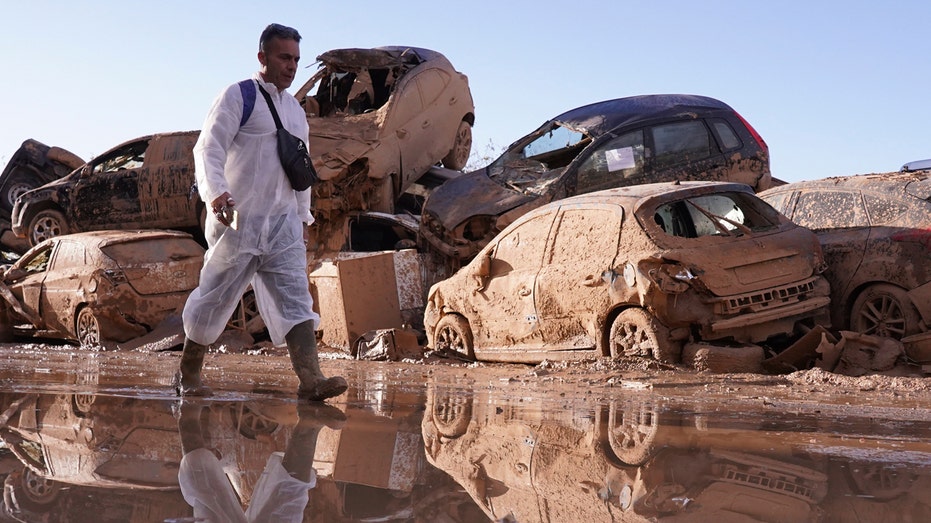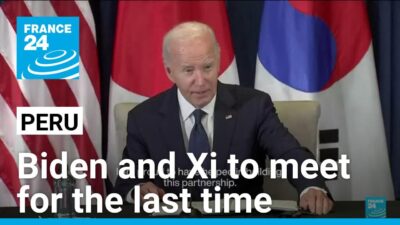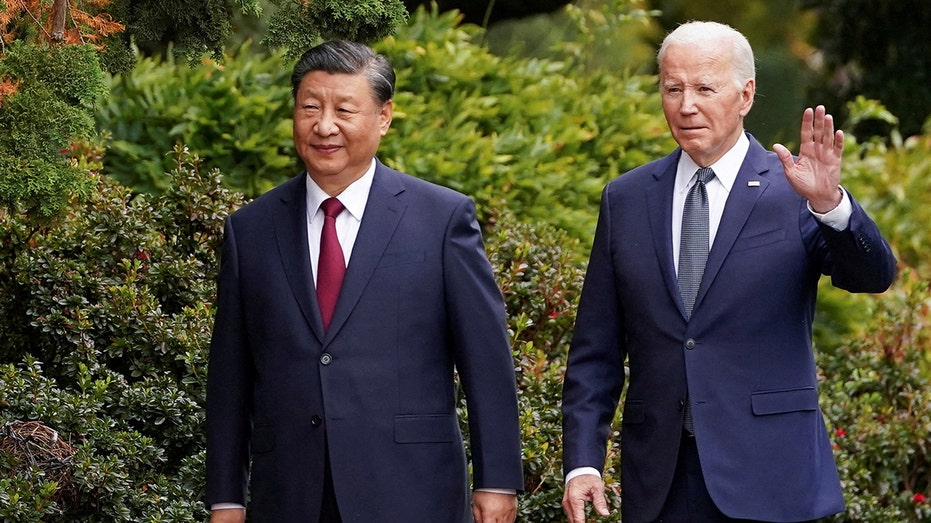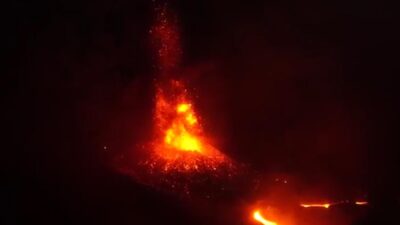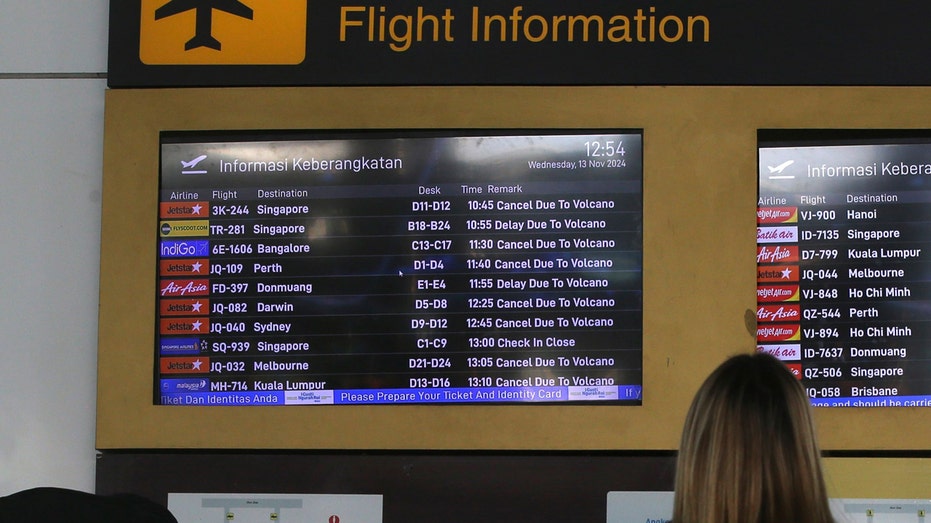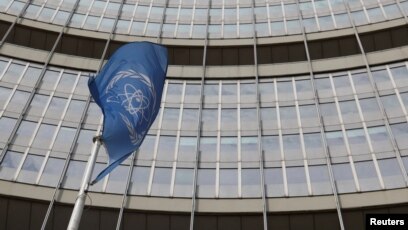
UN Nuclear Watchdog Chief Warns Diplomatic Window to Halt Iran’s Nuclear Program is “Shrinking”
Rafael Grossi, the Director General of the International Atomic Energy Agency (IAEA), has issued a grave warning about the deteriorating prospects for achieving a diplomatic solution to Iran’s advancing nuclear program. At the recent COP29 climate summit held in Baku, Grossi emphasized the urgent need to address the rising tensions surrounding Iran’s nuclear ambitions.
The Warning from Grossi
In an interview with AFP, Grossi underscored that “the Iranian administration must understand that the international situation is becoming increasingly tense and that the window of opportunity to search for diplomatic solutions is shrinking.” His comments reflect a growing concern within the global community about the pace at which Iran is enhancing its nuclear capabilities.
This warning comes as Grossi prepares for a critical trip to Tehran, where he is scheduled to hold “high-level” discussions with Iranian officials. The focus of these discussions will be Iran’s commitment to the Joint Statement issued in March 2023, which outlines the country’s responsibilities under IAEA safeguards.
Meetings in Tehran
Upon his arrival in Tehran, Grossi was reported to have met with Behrouz Kamalvandi, the spokesperson for Iran’s state atomic energy agency. Leading up to this pivotal meeting, Grossi highlighted the need for “substantive progress” concerning the Joint Statement, which is intended to ensure Iran’s compliance with its nuclear obligations.
The IAEA has the authority to inspect nuclear sites within Iran; however, Grossi pointed out that greater transparency and access are essential for effective oversight. He stated, “Given the size, depth, and ambition of Iran’s program, we need to find ways to give the agency more visibility.” This call for increased oversight comes in the face of Iran’s expanding nuclear program.
Repercussions of U.S. Withdrawal from the JCPOA
Concerns about Iran’s nuclear activities have escalated sharply since the United States’ withdrawal from the Joint Comprehensive Plan of Action (JCPOA), commonly known as the Iran Nuclear Agreement, in May 2018. This decision was taken despite assurances from the IAEA at the time that Iran had not breached its nuclear commitments.
According to reports, Grossi is likely to press Iran to allow more extensive access to its nuclear facilities and to provide clarity regarding uranium traces found at sites that had not been declared. This appeal is particularly urgent as Iran has significantly increased its stockpile of uranium enriched to 60% purity, dangerously close to the levels required for weapons-grade uranium.
Grossi has consistently flagged the growing threat posed by Iran’s nuclear progression, especially after the country ceased honoring its commitments under the JCPOA. The stockpiles of highly enriched uranium in Iran have alarmingly neared the 90% purity threshold, which is necessary for developing nuclear weapons.
A Geopolitical Landscape in Flux
The backdrop of Grossi’s visit is marked by rising geopolitical tensions, particularly with the potential return of Donald Trump to the U.S. presidency in January. Trump, who controversially withdrew the U.S. from the JCPOA, had criticized the agreement as a “terrible deal” orchestrated during the Obama administration by then-Secretary of State John Kerry. The pact was initially signed by major world powers, including the U.K., France, Germany, Russia, and China.
Following the U.S. exit from the agreement, Iran declared the deal void, effectively disavowing its commitments under the multilateral nuclear accord. Although some co-signatory nations, like Russia, initially encouraged Iran to remain compliant, Moscow’s own diplomatic overtures came to a halt as relations with the West soured amid the ongoing conflict in Ukraine.
The JCPOA: An Empty Shell?
Grossi recently described the JCPOA as “an empty shell,” evidencing the collapse of the original framework that once governed nuclear relations between Iran and the international community. The implications of this collapse are profound as they indicate a shift towards a less predictable and potentially more volatile geopolitical landscape.
Experts like Behnam Ben Taleblu, a senior fellow at the Foundation for Defense of Democracies, have pointed to the limitations of the current U.S. approach towards Iran. He contends that a strategy centered on hardline deterrence, rather than attempting to revive the nuclear deal under the Biden administration, would be the most effective means to curtail Iran’s nuclear ambitions.
Rethinking Diplomatic Engagement
Taleblu stated, “The irreversible nuclear advancements made by Tehran during Biden’s time in office have effectively closed the window for meaningful diplomatic engagement.” He warned that the forthcoming Trump administration will face the daunting task of handling an increasingly audacious Iran that is nearly capable of obtaining nuclear weapons.
Grossi, however, expressed a level of confidence regarding the challenges posed by a potential new Trump administration. “I already worked with the first Trump administration, and we collaborated well together,” he commented, referencing his prior experience in managing international nuclear oversight amid complex political environments.
A Pivotal Moment for International Relations
As the global community anxiously anticipates the outcomes of Grossi’s visit to Tehran, it could represent a critical juncture in the ongoing effort to rein in Iran’s nuclear aspirations. The geopolitical context is fraught with complications, exacerbated by the West’s unanimous stance against both Russia and Iran amid escalating conflicts and the ramifications of the war in Ukraine.
In conclusion, the urgent call for diplomatic engagement regarding Iran’s nuclear program has never been more pronounced. Whether Grossi’s trip can yield a breakthrough remains to be seen, but the stakes for regional and international security are undeniably high.
